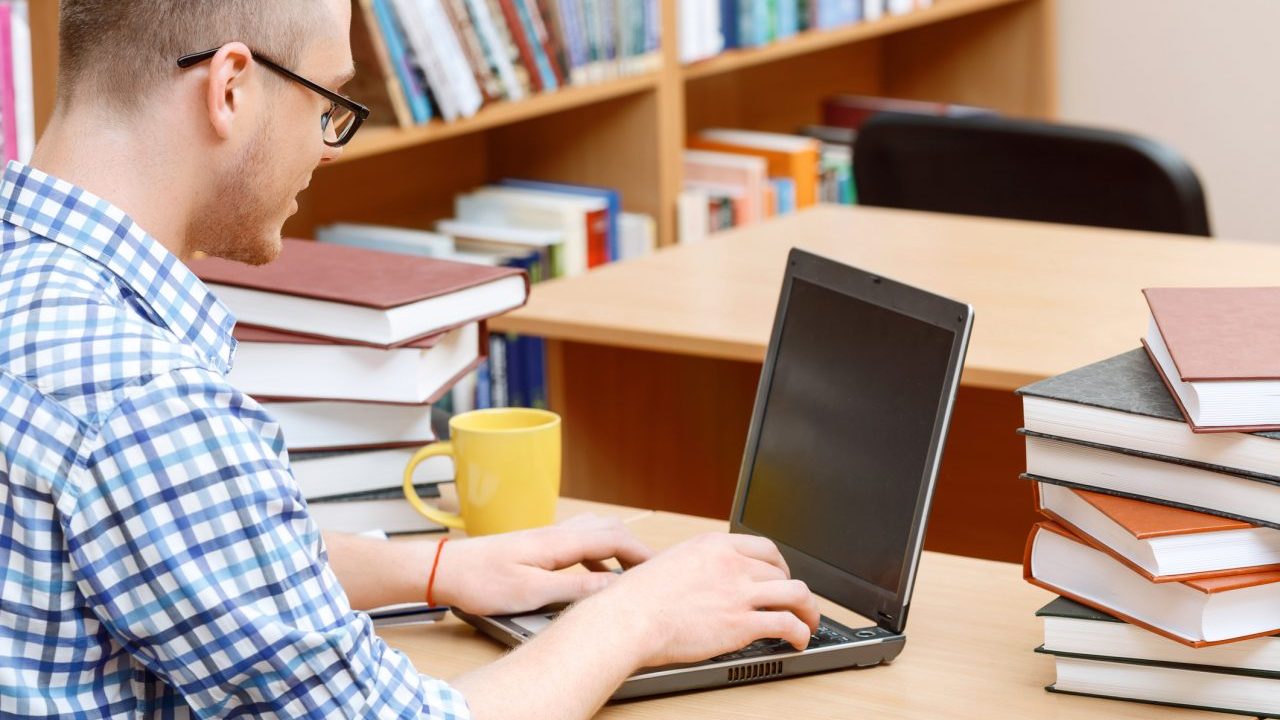
How to use email more efficiently
Originally posted on The Horizons Tracker.
An overflowing inbox is probably the one thing most office workers can empathize with, and despite mainstream email usage being over 20 years old, it’s a challenge many of us still struggle with.
It’s something Kingston University’s Emma Russell has made the focus of her academic life, and in a new study she analyzes the literature on effective email usage to try and formulate some strategies we can rely upon.
Before she got onto that however, she wanted to tackle some of the myths surrounding email at work. The first of these was that email is a distraction from actual work. It’s a myth, Russell suggests, as most email is directly linked to the work we do.
“People use email to help them get their jobs done,” she says. “Most people say they couldn’t imagine being able to do their work effectively without it, and very few send non-work critical email during their working day.”
Building on this, the research also questioned the belief that email is something you should consign to small chunks of time specifically allocated for the job. Russell suggests this is actually counter-productive, and that checking and processing emails throughout the day is better at allowing us to prioritize and manage our workload.
How to email effectively
So, how can you email effectively at work? The research suggests the following:
- Deal with and clear email whenever you check it. Don’t just read it, but act on it – file it, flag it, delete it. By reducing inbox clutter, people report feeling less overloaded.
- Switch off email alerts. Interruptions can have a negative impact on our efficiency, but make sure that you are still logging on regularly – once every 45 minutes or so – to stay on top of email and new work priorities.
- Use the ‘delay send’ function when sending email out of hours, so that recipients only receive their email during normal working hours. This means that while you are taking advantage of the flexibility of email, you aren’t imposing this on the recipient.
- Review your personal email strategies – are they purposeful and efficient or are they habitual and reactionary? Many people are engaged in automatic, reactive use of email that can prevent more strategic decision making and thought.
“It is clear there is no one-size-fits-all set of strategies that will universally improve our productivity and wellbeing at work,” Russell says. “But using just some of these tips could significantly improve the way we manage our email, and help us to feel more in control. The pointers are sufficiently grounded in research to provide some useful advice.”
Article source: How to use email more efficiently.






